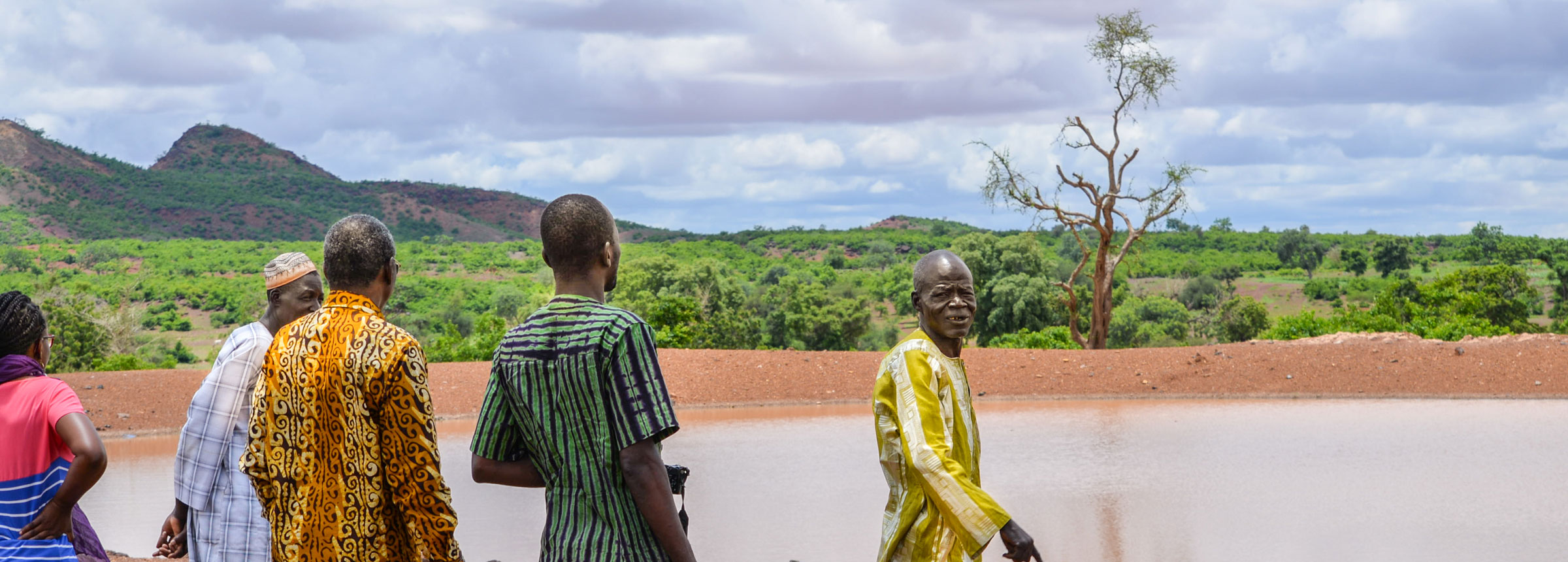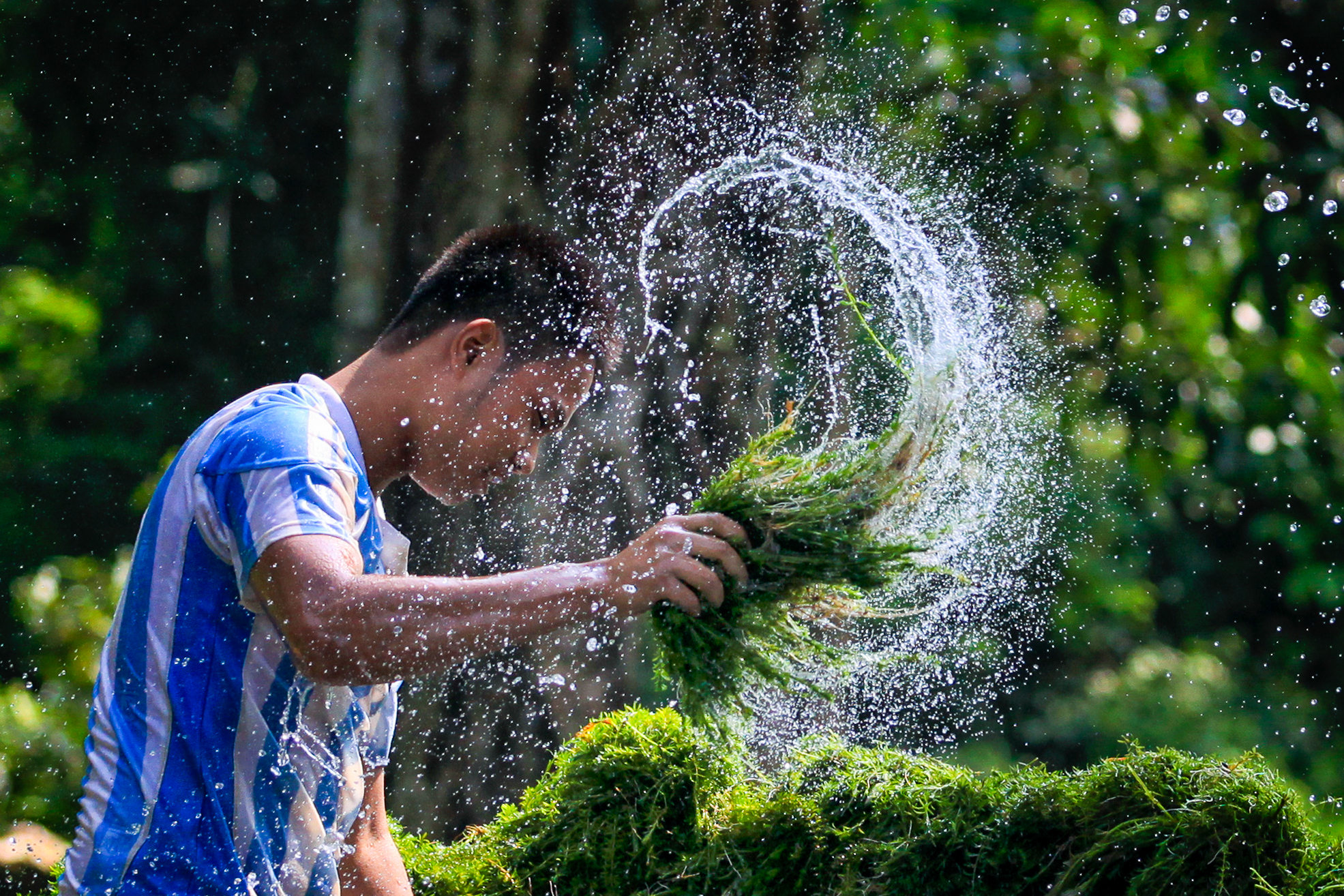
Winrock’s Aaron Sundsmo joins Devex panel on water security and climate-smart solutions
Aaron Sundsmo, Winrock’s associate vice president for Agriculture, Resilience and Water, spoke about Winrock’s approach to strengthening water security and supporting climate change adaptation through climate-resilient agriculture practices at Devex’s WASH Works 2023.
The Devex panel on March 23rd was held in parallel with the UN 2023 Water Conference to examine “ways in which water, sanitation and hygiene efforts intersect with other development challenges,” including universal water accessibility. Continued support for improved WASH is critical, especially in low- to middle-income countries where climate change impacts water access, which is fundamental to sustaining life and maintaining food security. Currently, one in three people cannot access safe drinking water, according to UNICEF and the World Health Organization. Floods and other water-related disasters account for 70% of all deaths related to natural disasters, according to the World Bank.
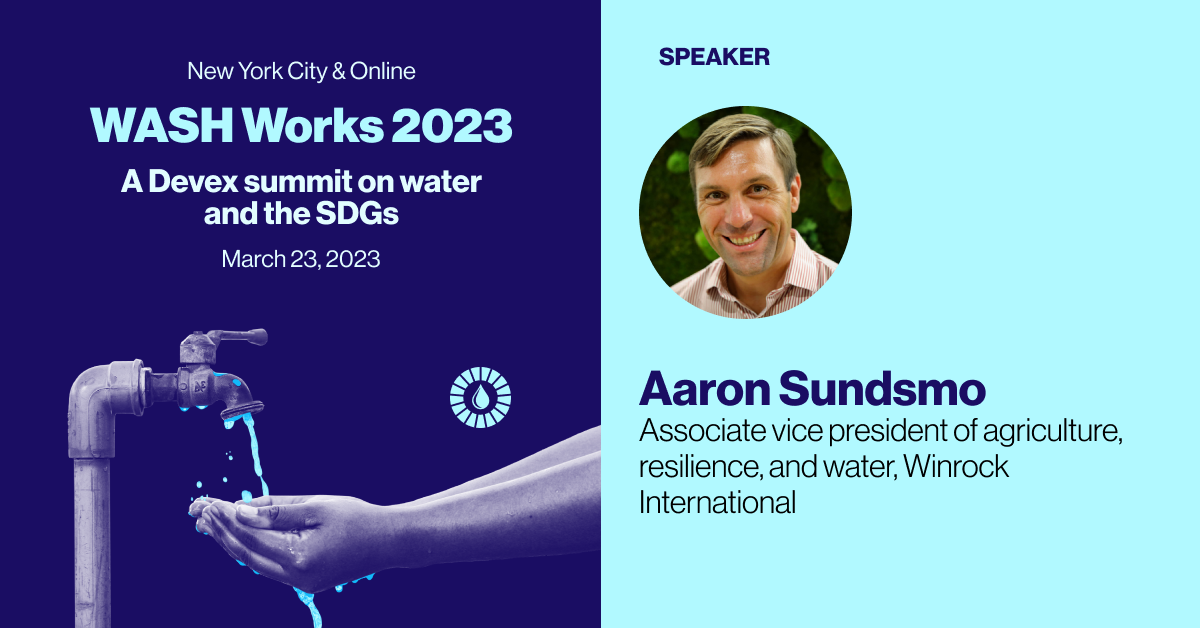
Sundsmo, who has 20 years of leadership experience at international development organizations, including 15 years working in Africa and Asia, said he has seen firsthand “how the impacts of the droughts in those communities affect every aspect of life — from agricultural production, livestock and even energy production… The tasks of household duties that now take so much longer to fetch water for cooking and cleaning — it really dominates life in rural areas. We need systemic solutions.”
Panelists discussed water’s role in sustainable food systems, community-based solutions and climate-smart food systems approaches. Sundsmo was joined by Aparna Shrivastava, deputy chief climate officer at the U.S. International Development Finance Corporation; Ahmad Shuka, program manager for livelihood and environmental actions for development at Mercy Corps, and Dr. Inga Jacobs-Mata, country representative for the International Water Management Institute. Sara Jerving, a senior Devex reporter covering global health, moderated the panel.
Sundsmo and Jacobs-Mata echoed the need for “bottom-up,” locally-led approaches that include community engagement with water users and their local associations to strengthen water management practices. Winrock includes water users in the water security improvement process and works through local communities and governments to facilitate climate change adaptation, in part through water resource management and climate-smart agriculture practices.
“We need to consult with communities, initially understanding the different water usages, and not just from farmers, but from the understanding of women and girls, and understanding the different uses of water, from livestock to household use, to energy and commercial consumption,” Sundsmo said. “We need holistic solutions in working with water user associations to address the needs of those diverse populations. As we know, having policies isn’t enough, so how do we enforce, implement and monitor whether those [policies] are happening and that user fees are generated? A lot of the work at Winrock that’s done in this space is strengthening those water resource management structures.”
Jacobs-Mata explained that contracting big companies to scale projects often comes with a cost: consultations rarely include community voices, leading to insufficient local buy-in, and inadequate water infrastructure and systems, along with large, enforced fees for users. This, in turn, can lead to poor management outcomes and the vandalization of resources.
A better approach, as Sundsmo and Jacobs-Mata recommended, is finding sustainable ways to incentivize communities to co-finance and institutionalize water resource management in local governments. Jacobs-Mata emphasized that involving communities takes a bit longer, but is more sustainable, introduces a sense of ownership and is cheaper to implement.
Sundsmo cited examples of Winrock’s localization approach in countries including Vietnam, where Winrock worked extensively with communities to develop and launch a groundbreaking Payment for Environmental Services program. The process offers communities income-generating opportunities that support nature-based conservation by protecting forests and regulating water circulation. PFES helps rural households that protect the environment by receiving payments from those who benefit from an environmental service. For example, a company that benefits from clean water in a local river may be willing to pay the local community to protect the nearby forest because it helps reduce runoff into the river after storms. Over the last 10 years, PFES has mobilized over $400 million to over 5 million people in Vietnam.
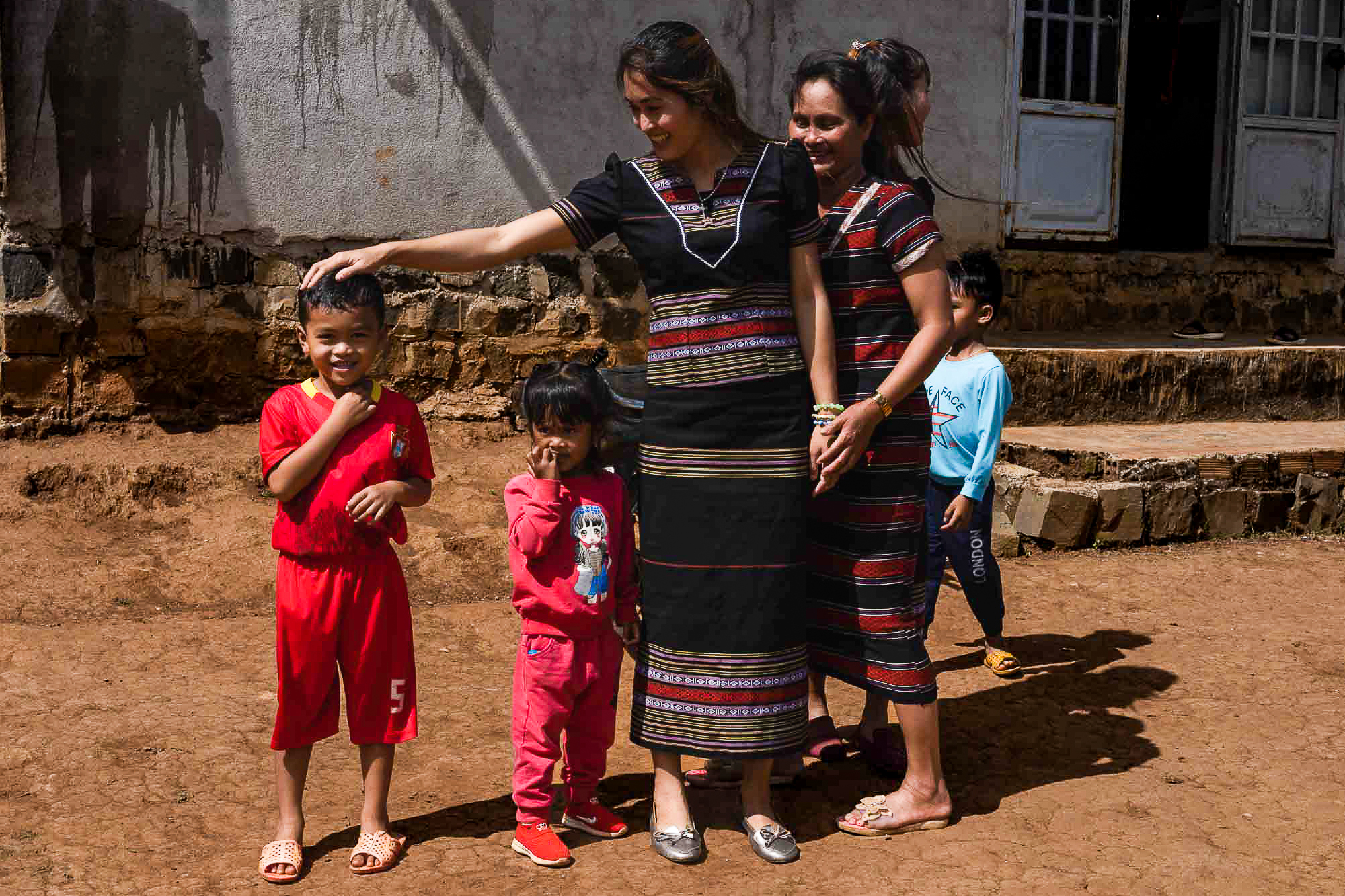
The focused PFES approach is being introduced by Winrock through the USAID SCALE-NRM project in the Solomon Islands, which seeks to conserve forest and water resources with private-sector engagement and co-financing. PFES has the potential to work well in other countries, Sundsmo said, and similar schemes are in the design phase in Malawi and El Salvador, where Winrock manages climate-smart farming and water security projects, respectively.
Sundsmo also stressed the need for more private-sector partnerships, which help companies better understand their markets and get the right technologies to the right people.
“Some of the work that we do with the private sector is trying to encourage them to bundle services like good agricultural practices, provision of market price, climate price and weather information as a way to build that rapport and client base in the communities that they’re serving,” Sundsmo said.
Winrock’s work on the USAID TerresEauVie activity, which strengthens collaboration between communities, local governments and the private sector to address water resource risks in Burkina Faso and Niger, is helping stakeholders in both countries to identify, map and assess existing water points and access, as well as to measure current groundwater supply and quality.
In the process, community resilience is increasing, but further support is needed. That can be provided by continuing to develop water security through the creation of global water partnerships with smallholder farmers, communities and agricultural enterprises that work together to increase food security, protect and enhance livelihoods and strengthen sustainable water solutions, Sundsmo said.
Related Projects
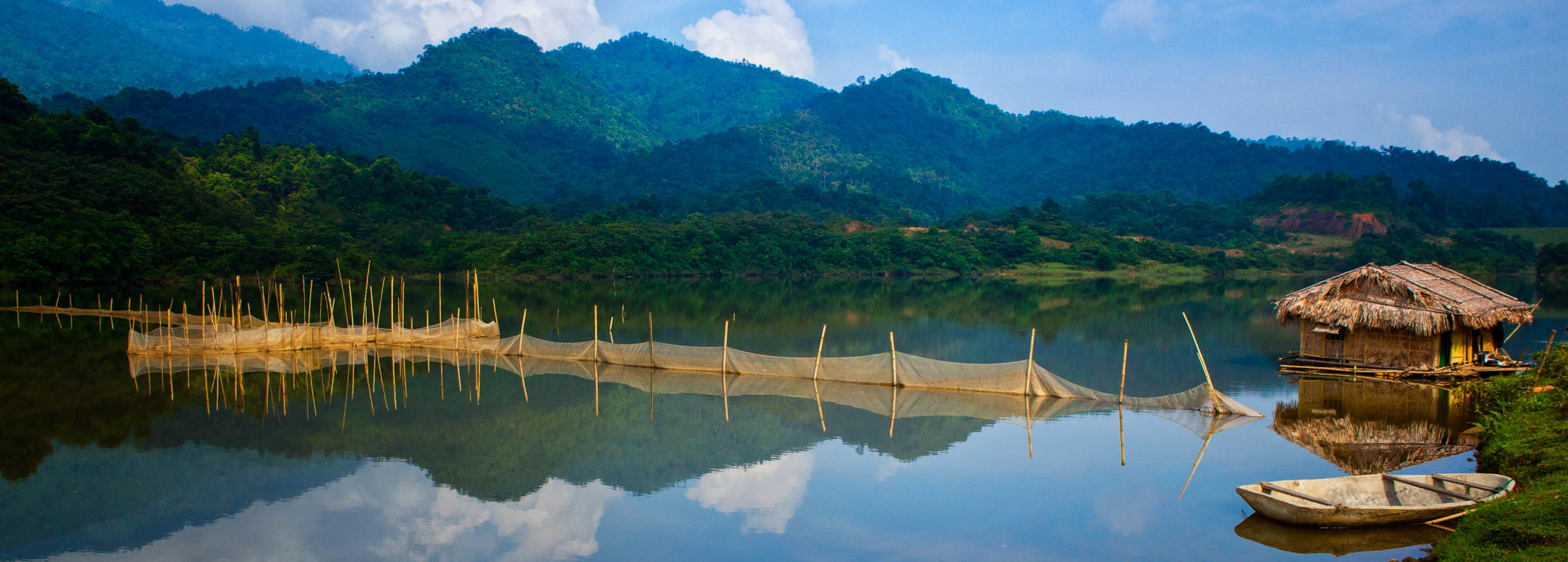
Vietnam Forests and Deltas (VFD)
The USAID Vietnam Forests and Deltas Program supports Vietnam’s transition to resilient, sustainable development. The first phase of the program (2012-2018) helped put national policies and strategies into practice to respond to environmental change, with a focus on the forestry and agriculture sectors, disaster risk reduction, and strengthening livelihoods. Beginning in 2018, the program’s second […]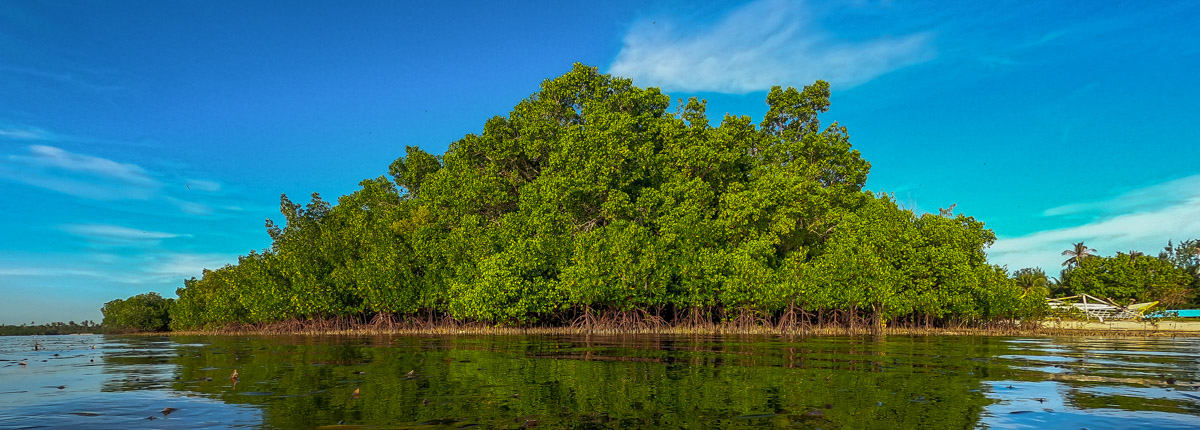
Strengthening Competitiveness, Agriculture, Livelihoods, and Environment – Natural Resource Management (SCALE-NRM)
Uncontrolled logging is decimating forests in the Solomon Islands, a small country in the South Pacific Ocean. Many factors contribute to this problem, including economic interests, land tenure rights, trust between communities and government, and the regulatory environment. As a result, solutions will require a comprehensive effort to address each factor. The Strengthening Competitiveness, Agriculture, […]